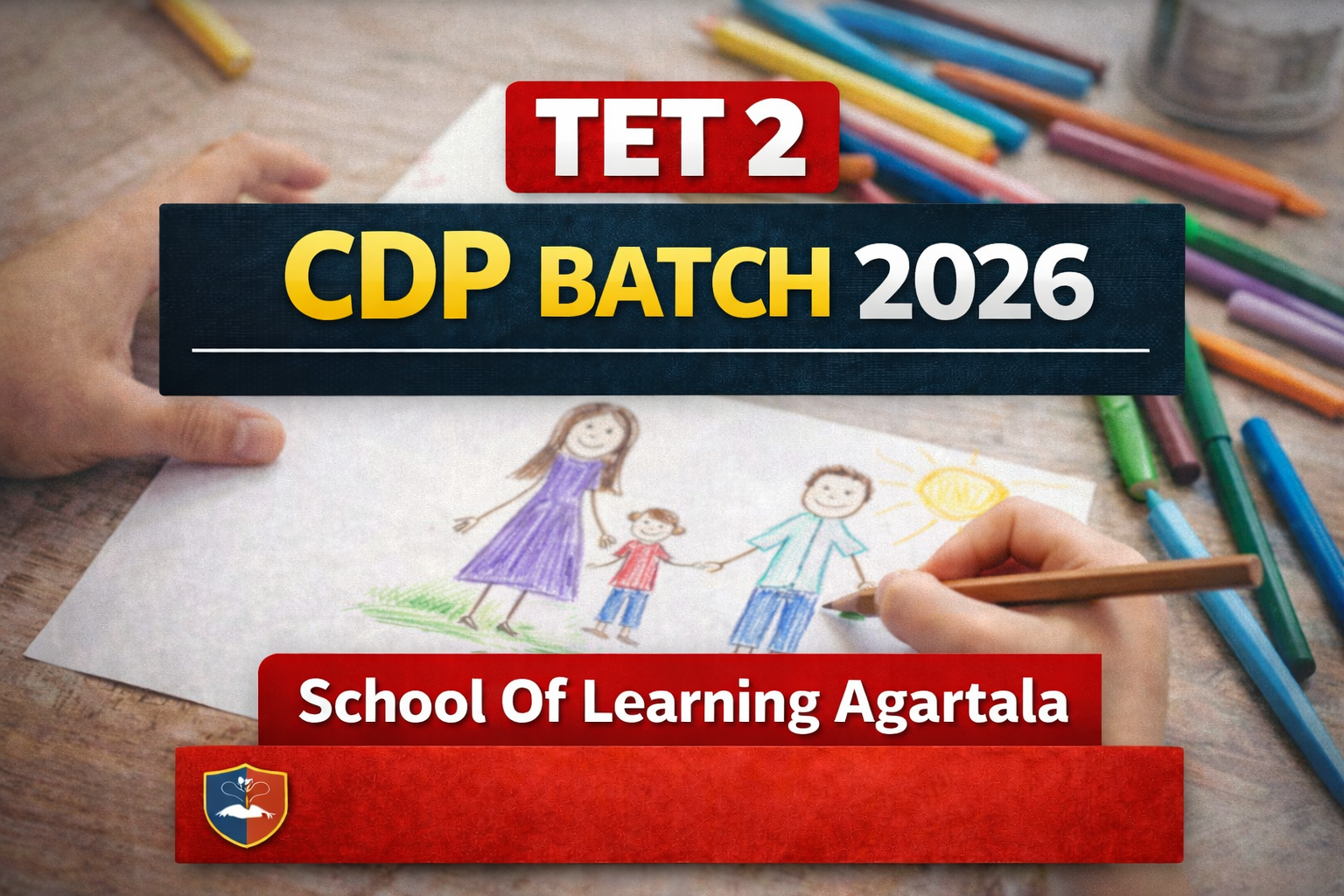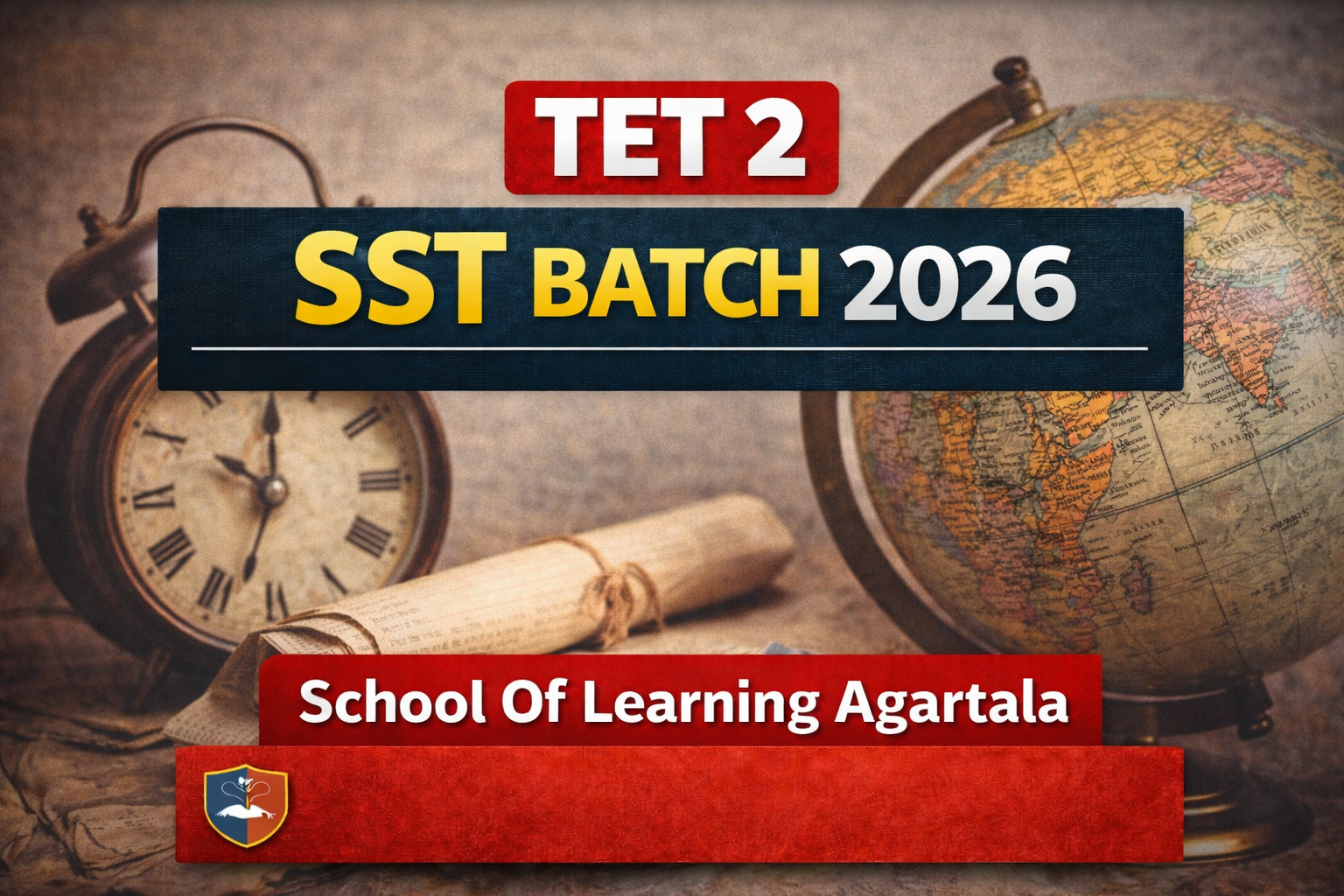Psychology Syllabus
Fundamentals of Psychology
1.1 Definition and Evolution of Psychology: An overview of how psychology has grown from its early roots to contemporary perspectives, and its defining features as a foundational science.
1.2 Major Schools of Thought: A survey of Structuralism, Functionalism, Psychodynamic theory, Behaviorism, Gestalt psychology and the Humanistic approach.
1.3 Research Methods in Psychology: Techniques including naturalistic observation, introspection, controlled experiments, questionnaires, surveys, case studies, cross-sectional and longitudinal designs.
1.4 Branches, Subfields and Applications: An outline of the different specializations within psychology and the range of contexts in which psychologists work.
Biological Foundations of Behavior
2.1 Physiological Psychology: Its scope, significance and relationship to behavior.
2.2 Cellular Anatomy: Structure, varieties and components of the cell.
2.3 Neurons and Synapses: Neuron morphology and types, synaptic structure and neural transmission.
2.4 The Nervous System: Organization and function of the central nervous system (brain and spinal cord), autonomic and peripheral divisions.
2.5 Neural Signaling: Action and resting potentials, the neural impulse cycle, and the role of neurotransmitters in shaping behavior.
2.6 The Endocrine System: Major glands (pituitary, thymus, adrenals, pancreas, pineal, gonads), their functions and common disorders.
Sensation, Perception and Attention
3.1 Sensory Mechanisms: Types of sensory receptors (special, muscular, organic), psychophysical measurement methods, including the Weber-Fechner law and signal detection theory.
3.2 Perceptual Processes: Factors influencing perception of form, space and movement; principles of perceptual organization; causes and types of perceptual breakdown.
3.3 Attention: Nature, defining features and categories; subjective, objective and physiological determinants of attention.
Memory and Thought
4.1 Memory Systems: Processes of encoding, storage and retrieval; memory types; mnemonic strategies.
4.2 Forgetting: Underlying causes and the curve of forgetting.
4.3 Thought Processes: Concept formation, mental mapping, problem solving, reasoning, and an introduction to creativity—its nature, major theories and assessment.
Emotion, Motivation and Personality
5.1 Emotion: Expressions, theories (James-Lange, Cannon-Bard, McDougall, Activation theory).
5.2 Motivation: Definitions of biogenic and sociogenic motives; motivational theories by Maslow, Weiner and McClelland.
5.3 Personality: Core concepts, trait versus type approaches, and common assessment methods.
Human Development
6.1 Foundations and Methods: Principles of growth and maturation; biological, psychological and social influences.
6.2 Developmental Stages: Prenatal through adolescence, with emphasis on adolescent needs, identity formation and crisis.
6.3 Domains of Growth: Cognitive, linguistic, personality, social and moral development; developmental theories by Freud, Piaget, Erikson, Bandura and Kohlberg.
Educational Psychology
7.1 Scope and Methods: Defining educational psychology and its research approaches.
7.2 Intelligence and Aptitude: Nature, types, determinants; major intelligence theories (Spearman, Guilford, Thorndike, Thurstone, Gardner, Sternberg); verbal/nonverbal testing; concepts of EQ, SQ and IQ; relation between aptitude and intelligence.
7.3 Exceptional Learners: Identification, causes and support strategies for intellectual disabilities, learning disorders and giftedness.
7.4 Learning Theories: Principles and factors influencing learning; trial-and-error, classical and operant conditioning, insight learning, and transfer of learning.
Social and Organizational Psychology
8.1 Social Psychology: Origins and methods; social cognition; influence processes (imitation, conformity, compliance, obedience); attitudes and their measurement.
8.2 Group Dynamics: Types of groups, crowd and mob behavior; prejudice, stereotypes and discrimination—their roots and management.
8.3 Leadership: Traits, styles, functions and training methods.
8.4 Organizational Psychology: Its emergence, scope and importance; workplace environments (physical, temporal, psychological) and their effects on performance; organizational climate.
8.5 Workplace Well-being: Sources of stress, its impact and coping strategies; an introduction to health psychology.
Abnormal Psychology
9.1 Defining Normality and Maladjustment: Historical perspectives, adjustment versus maladjustment and their manifestations.
9.2 Classification Systems: Overview of ICD and DSM frameworks.
9.3 Major Disorders: Symptoms, causes and treatments of anxiety disorders (GAD, phobias, OCD), conversion disorders, mood disorders (unipolar, bipolar, dysthymia), schizophrenia and delusional disorders.
9.4 Therapeutic Approaches: Counseling techniques and psychotherapeutic models.
Psychological Research and Data Analysis
10.1 Experimental Designs: Purpose, variable types, hypothesis formulation, randomization and matching techniques.
10.2 Descriptive Statistics: Frequency distributions, graphical displays, measures of central tendency and variability; the normal curve, skewness and kurtosis.
10.3 Inferential Statistics: Correlation methods, t-tests and chi-square tests.
10.4 Test Construction: Principles of developing, standardizing and norming psychological measures; item analysis, reliability and validity.
Bangla
১. মনোবিজ্ঞানের ভিত্তিমূল
ক) মনোবিজ্ঞানের সংজ্ঞা ও বিকাশ: প্রাচীন ধারণা থেকে আধুনিক ধারণায় মনোবিজ্ঞানের অগ্রগতি এবং একটি মৌলিক বিজ্ঞান হিসেবে এর বৈশিষ্ট্য।
খ) মনোবিজ্ঞানের প্রধান বিদ্যালয়সমূহ: গঠনবাদ (স্ট্রাকচারালিজম), কার্যবাদ (ফাংশনালিজম), মনোরাজারবাদ (সাইকোডায়নামিক), আচরণবাদ (বেহেভিওরিস্ট), গেস্টাল্ট এবং মানবতাবাদী দৃষ্টিভঙ্গি।
গ) মনোবিজ্ঞানের গবেষণাধারা: পর্যবেক্ষণ, অন্তদর্শন, পরীক্ষণ, প্রশ্নমালা, সমীক্ষা, কেস স্টাডি, ক্রস-সেকশনাল এবং দীর্ঘকালীন পদ্ধতি।
ঘ) শাখা, ক্ষেত্র ও প্রয়োগ: মনোবিজ্ঞানের বিভিন্ন বিশেষায়ন এবং এর ব্যবহারের ক্ষেত্রে যেমন শিক্ষা, শিল্প, স্বাস্থ্য ইত্যাদি।
২. আচরণের জৈবিক ভিত্তি
ক) শারীরৈচ্ছে মনোবিজ্ঞান: ধারণা এবং তাৎপর্য।
খ) কোষের কাঠামো: প্রকার, অংশ ও গঠন।
গ) স্নায়ুকোষ (নিউরণ): গঠনতত্ত্ব, প্রকার ও কার্যাবলী; সাইন্যাপস ও স্নায়ুবিদ্যুৎ পরিবহণ।
ঘ) স্নায়ুতন্ত্র: কেন্দ্রীয় স্নায়ুতন্ত্র (মস্তিষ্ক ও মেরুদণ্ড), স্বায়ত্তশাসিত স্নায়ুতন্ত্র (অটোনমিক) ও পরিপেরিক স্নায়ুতন্ত্রের প্রকার এবং কার্যাবলী।
ঙ) স্নায়ুবিদ্যুৎ সংকেত: ক্রিয়াশীল ও বিশ্রাম অবস্থার সম্ভাবনা, স্নায়ুবিদ্যুৎ চক্র, নিউরোট্রান্সমিটার ও আচরণের সম্পর্ক।
চ) অন্তঃস্রাবি ব্যবস্থা: প্রধান গ্রন্থি–পিটুইটারি, থাইমাস, অ্যাড্রিনাল, প্যানক্রিয়াস, পাইনিয়াল ও প্রজননগ্রন্থি; তাদের গঠন, কার্য ও অসামান্যতা।
৩. সংবেদন, গ্রহন ও মনোযোগ
ক) সংবেদন: বিশেষ, পেশী ও অভ্যন্তরীণ সংবেদন; মাপজোক–ウェーバার–ফেখনার আইন, সিগন্যাল ডিটেকশন তত্ত্ব; মনো-শারীরিক পদ্ধতি।
খ) গ্রহন প্রক্রিয়া: রূপ, স্থান ও গতি গ্রহনের নির্ধারক; গ্রহন সংগঠন–নীতিমালা; ভগ্নগ্রহণের প্রকার ও কারণ।
গ) মনোযোগ: স্বভাব, বৈশিষ্ট্য ও প্রকার; বিষয়গত, বস্তুনিষ্ঠ ও শারীরিক প্রভাবক।
৪. স্মৃতি ও চিন্তাভাবনা
ক) স্মৃতি: এনকোডিং, সংরক্ষণ, পুনরুদ্ধার প্রক্রিয়া; স্মৃতির প্রকার; অর্থনৈতিক স্মরণপদ্ধতি।
খ) বিস্মৃতি: প্রকৃতি ও কারণ; বিস্মৃতির বক্ররেখা।
গ) চিন্তাপ্রক্রিয়া: ধারণা গঠন, মানচিত্রিক চেতন, সমস্যা-সমাধান, যুক্তি ও সৃজনশীলতা–প্রকৃতি, বৈশিষ্ট্য, তত্ত্ব ও পরিমাপকৌশল।
৫. অনুভূতি, প্রণোদনা ও ব্যক্তিত্ব
ক) অনুভূতি: প্রকৃতি ও অভিব্যক্তি; অনুভূতির তত্ত্ব–জেমস-ল্যাং, ক্যানন-বার্ড, ম্যাকডুগাল, অ্যাক্টিভেশন তত্ত্ব।
খ) প্রণোদনা: ধারণা; জীবসৃষ্টিক ও সমাজসৃষ্টিক প্রণোদনা; প্রণোদনার তত্ত্ব–ম্যাসলো, ওয়েইনার, ম্যাকক্লেল্যান্ড।
গ) ব্যক্তিত্ব: ধারণা ও বৈশিষ্ট্য; গুণগত এবং ধরনভিত্তিক পদ্ধতি; ব্যক্তিত্ব মূল্যায়ন।
৬. মানুষের বিকাশ
ক) পরিধি ও পদ্ধতি; বিকাশের নীতি; মনস্তাত্ত্বিক, জৈবিক ও সামাজিক উপাদান; বৃদ্ধি ও পরিপাকের ধারণা।
খ) বিকাশের পর্যায়: গর্ভাবস্থা ও প্রাককৈশোর থেকে কৈশোর পর্যন্ত; কৈশোরে চাহিদা, সমস্যা, পরিচয়-উন্নয়ন ও পরিচয়-সংকট।
গ) বিকাশের ক্ষেত্র: জ্ঞানমূলক, ভাষাগত, ব্যক্তিত্বগত, সামাজিক ও নৈতিক বিকাশ; বিকাশ তত্ত্ব–ফ্রয়েড, পিয়াজে, এরিকসন, ব্যান্ডুরা, কোহলবার্গ।
৭. শিক্ষামূলক মনোবিজ্ঞান
ক) প্রকৃতি, পরিধি ও পদ্ধতি।
খ) বুদ্ধিমত্তা: প্রকৃতি, প্রকার, উপাদান; প্রধান তত্ত্ব–স্পিয়ারম্যান, গিলফোর্ড, থর্নডাইক, থার্সটোন, গার্ডনার, স্টার্নবার্গ; মৌখিক ও অমৌখিক পরীক্ষা; IQ, EQ, SQ ধারণা; বুদ্ধিমত্তা ও প্রবণতার সম্পর্ক।
গ) ব্যাতিক্রমী শিক্ষার্থী: মন্দাবস্থা, শেখার সমস্যা ও প্রতিভাবান; সনাক্তকরণ, কারণ ও পুনর্বাসন।
ঘ) শেখার প্রক্রিয়া: ধারণা, প্রভাবক; শেখার তত্ত্ব–পুনরাবৃত্তি, ক্লাসিকাল ও অপারেন্ট কন্ডিশনিং, অন্তর্দৃষ্টিভিত্তিক শেখা, শেখার স্থানান্তর।
৮. সামাজিক ও সংগঠনমনোবিজ্ঞান
ক) সামাজিক মনোবিজ্ঞান: সংজ্ঞা, উত্পত্তি, বিকাশ; সামাজিক প্রভাব–অনুকরণ, একাগ্রতা, সম্মতি, আজ্ঞাবহতা; সামাজিক ধারণা; মনোভাব–গঠন, পরিবর্তন, পরিমাপ।
খ) দলগত মনোবিজ্ঞান: দল, ভিড় ও হুড়োহুড়ি আচরণ; পক্ষপাত, স্টিরিওটাইপ, বৈষম্য–উত্পত্তি ও ব্যবস্থাপনা।
গ) নেতৃত্ব: বৈশিষ্ট্য, প্রকার, কার্য ও প্রশিক্ষণ।
ঘ) সংগঠনমনোবিজ্ঞান: উত্পত্তি, পরিধি, গুরুত্ব; কর্মপরিবেশ–শারীরিক, সময়গত, মনস্তাত্ত্বিক প্রভাব; সংগঠনমণ্ডলীর প্রভাব।
ঙ) কর্মক্ষেত্রে মানসিক সুস্থতা: চাপের কারণ, প্রভাব, ব্যবস্থাপনা; স্বাস্থ্যমনোবিজ্ঞানের ধারণা।
৯. অস্বাভাবিক মনোবিজ্ঞান
ক) স্বাভাবিকতা ও অস্বাভাবিকতার ধারণা; মানিয়ে নেওয়া ও পারফরম্যান্সের সমস্যা।
খ) রোগবিন্যাস: ICD ও DSM-এর ধারণা।
গ) প্রধান মানসিক রোগ: উদ্বেগ (GAD, ফোবিয়া, OCD), রূপান্তরজনিত, মেজাজজনিত (একপোলার, দ্বিপোলার, ডিস্টাইমিয়া), সিজোফ্রেনিয়া, বিভ্রমজনিত–উপসর্গ, কারণ ও চিকিৎসা।
ঘ) মনোরোগ চিকিৎসা ও পরামর্শদান: পদ্ধতি, কৌশল ও প্রয়োগ।
১০. মনোবৈজ্ঞানিক গবেষণা ও বিশ্লেষণ
ক) পরীক্ষানির্ভর গবেষণা নকশা: উদ্দেশ্য, ভেরিয়েবল, হাইপোথিসিস, র্যান্ডমাইজেশন ও ম্যাচিং।
খ) পরিসংখ্যান: ফ্রিকোয়েন্সি বণ্টন, গ্রাফিক্যাল উপস্থাপনা, কেন্দ্রীয় প্রবণতা ও বৈচিত্র্য পরিমাপ; স্বাভাবিক বক্ররেখা, স্কিউনেস ও কার্টোসিস।
গ) নির্দশনাত্মক পরিসংখ্যান: সহসম্পর্ক, t-পরীক্ষা, χ²-পরীক্ষা।
ঘ) মনস্তাত্ত্বিক পরীক্ষার নির্মাণ: আইটেম বিশ্লেষণ, নির্ভরযোগ্যতা ও বৈধতা; নিয়মিতকরণ ও মান স্থাপন।
WE ENHANCE YOUR TALENT
Our Syllabus

Subject : PSYCHOLOGY
Chi-Square. d) Construction and Standardisation of Psychological Test; Concept of Item Analysis; Detail Study of Reliability and Validity; Establishment of Norm.

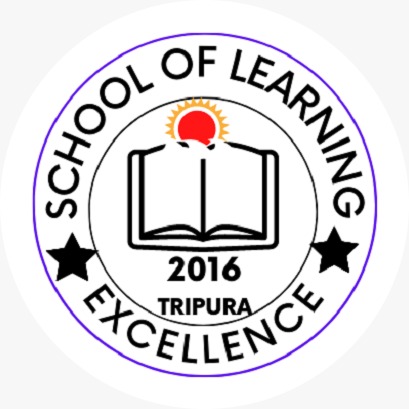
 Online Store
Online Store.png)






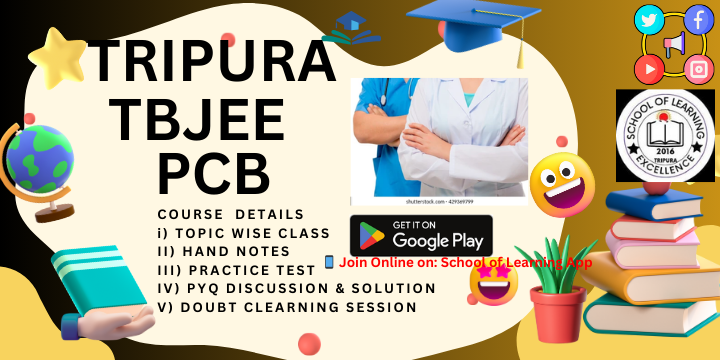

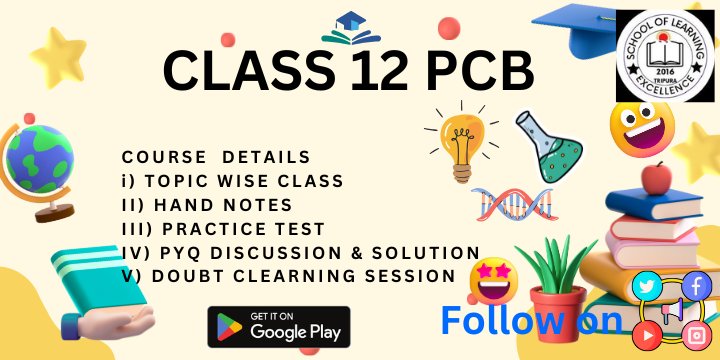
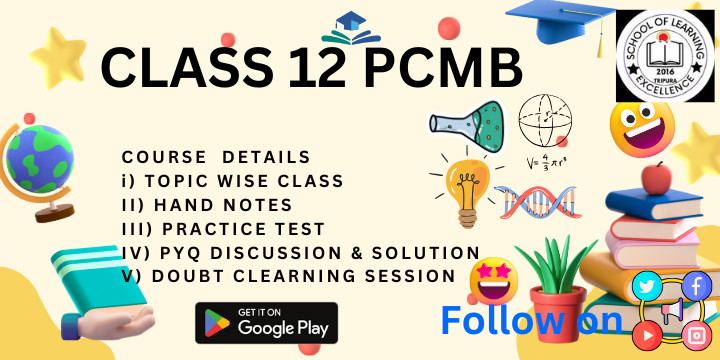
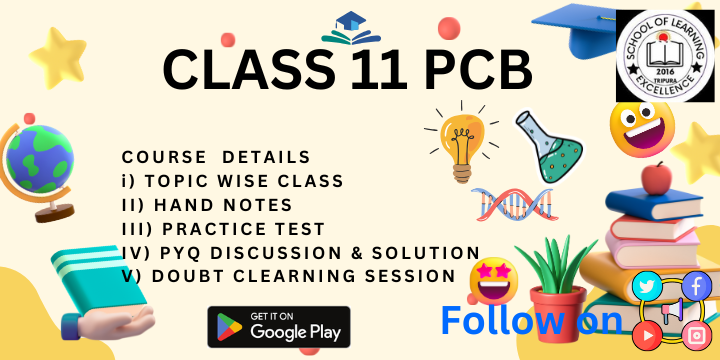
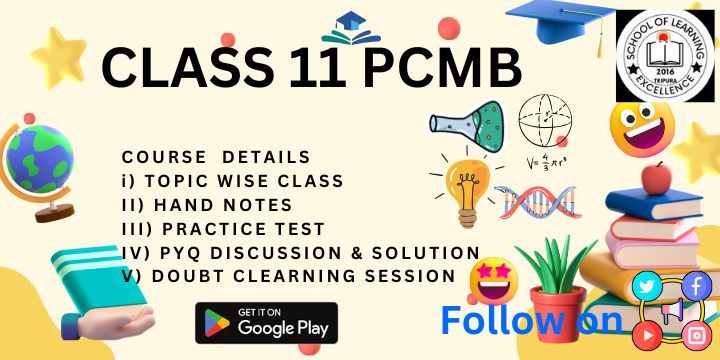
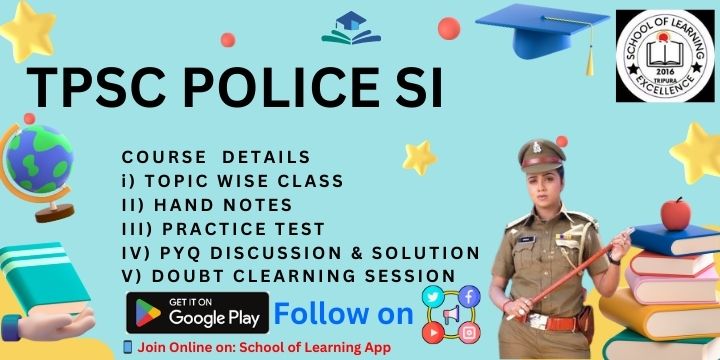

.jpg)

.jpg)
.jpg)

.jpg)


.png)
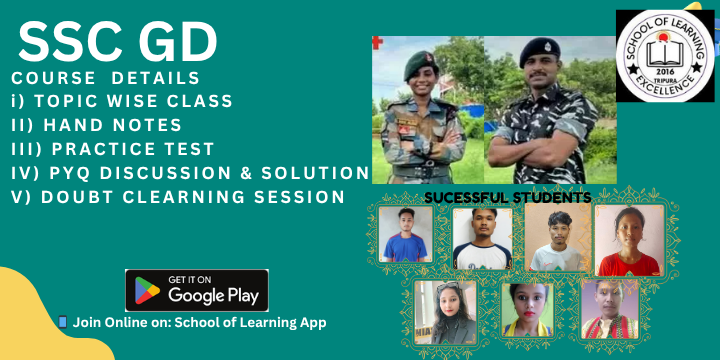
.png)
.png)
.png)
.png)
.png)
.png)
.png)
.png)
.png)
.png)
.png)
.png)









